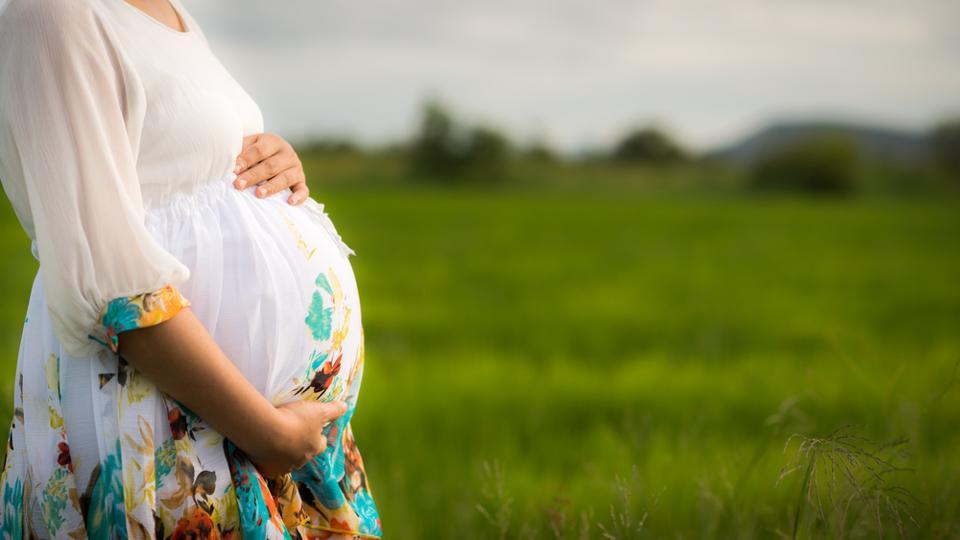NEW YORK: Pregnant women experiencing physical and psychological stress are less likely to have a boy, says a new study.
“Stress can also affect the mother’s immune system, leading to changes that affect neurological and behavioral development in the fetus,” said study leader Catherine Monk, Professor at Columbia University Vagelos College in the US.
“What’s clear from our study is that maternal mental health matters, not only for the mother but also for her future child,” Monk said.
For the findings, published in the journal PNAS, the research team examined 27 indicators of psychosocial, physical and lifestyle stress collected from questionnaires, diaries, and daily physical assessments of 187 otherwise healthy pregnant women, aged between 18 to 45.
About 17 percent of the women were psychologically stressed, with clinically meaningful high levels of depression, anxiety, and perceived stress.
Another 16 percent were physically stressed, with relatively higher daily blood pressure and greater caloric intake compared with other healthy pregnant women.
The majority (nearly 125) were healthy.
The study suggested that pregnant women experiencing physical and psychological stress are less likely to have a boy.
The sex ratio in the physically and psychologically stressed groups favored girls, with male-to-female ratios of 4:9 and 2:3, respectively.
According to the researchers, physically stressed mothers, with higher blood pressure and caloric intake, were more likely to give birth prematurely than unstressed mothers.
Psychologically stressed mothers had more birth complications than physically stressed mothers, the study said.
An estimated 30 percent of pregnant women report psychosocial stress from job strain or related to depression and anxiety.
Such stress has been associated with increased risk of premature birth, which is linked to higher rates of infant mortality and of physical and mental disorders, such as attention-deficit hyperactivity disorder and anxiety, among offspring.
When social support was statistically equalized across the groups, the stress effects on preterm birth disappeared, the study added.
(Agencies)









Comment